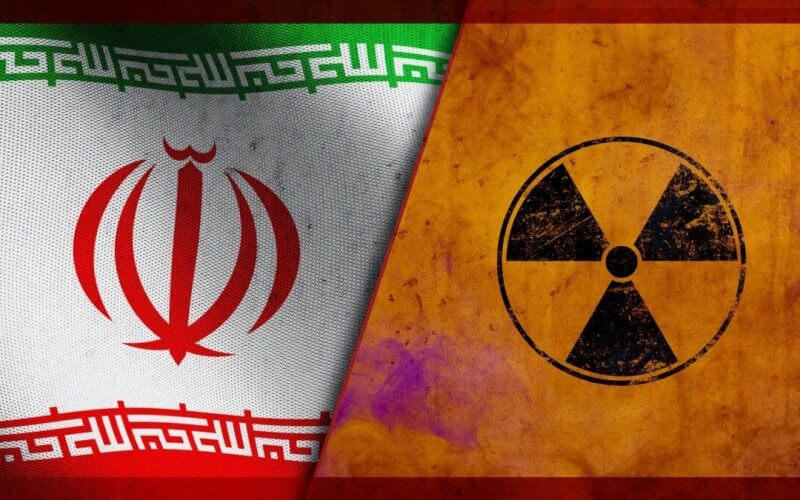The Islamic Republic in Iran is frustrating international efforts to examine its nuclear program amid its increased production of weapons-grade enriched uranium, according to International Atomic Energy Agency (IAEA) officials.
IAEA inspectors believe that Tehran now has enough highly enriched uranium to produce several atomic warheads, Director General Rafael Mariano Grossi told Bloomberg News in an interview in Davos, Switzerland, amid the World Economic Forum (WEF).
"It is a very frustrating cycle," Grossi told Bloomberg News. "We don't understand why they don't provide the necessary transparency," he added.
The head of the IAEA noted that Tehran has rejected the agency's inspectors because of their nationalities.
"It's a way to punish us because of external things," he said. "When there's something that France, the U.K., or the United States says that they don't like, it is as if they were taking the IAEA hostage to their political disputes with others. This is unacceptable for us," he told Bloomberg News.
While inspectors have said they have not seen a diversion of Iran's uranium inventory for weapons, the biggest concern is the production and storage of so much material. The Islamic regime recently tripled its rate of uranium enrichment in December 2023, rolling back measures that were implemented through backchannel diplomacy with the Biden administration.
Since 2021, the U.N. nuclear agency has been struggling to enact controls on Iran's nuclear program, which continues to expand even as Tehran denies it does not want an atomic weapon. Grossi stated that diplomacy was the solution to the ongoing situation, adding that the international community needs to continue talking to Tehran and "prevent the situation from deteriorating to a degree where it would be impossible to retrieve it."
Following President Biden's election in 2021, the administration has tried to re-enter the 2015 Iran nuclear deal exited by the Trump administration, offering Tehran enormous amounts of financial concessions. Despite protests from allies in the Middle East like Israel, Saudi Arabia, and other Persian Gulf Arab countries, the administration hopes to secure an agreement with Tehran before the 2024 Presidential election.
The Iran regime, for its part, has vowed it will not re-enter the former accord and has instead doubled down on its efforts to enrich uranium and use its financial resources to support terrorist groups throughout the Middle East region.
Related Story: Biden Administration Trying Not to Acknowledge Iran Nuclear Agreement to Avoid Congress









